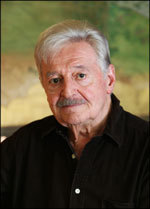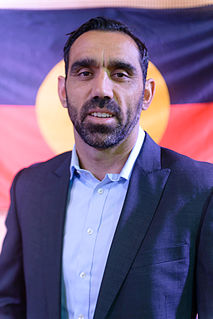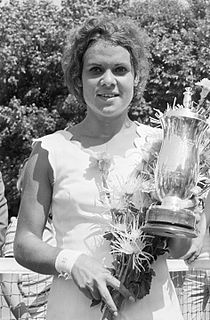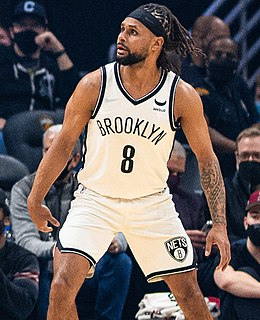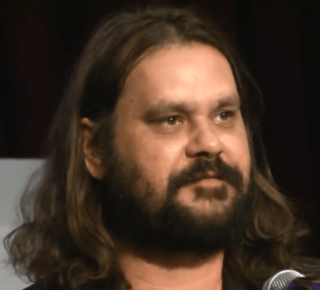A Quote by Isabel Lucas
I grew up partially in Switzerland but mostly in Australia. I lived in Kakadu for a short time - it's an Aboriginal community. My best friend growing up was Aboriginal. She taught me so much.
Related Quotes
Sadly, today there are only a few remaining speakers of kakadu or gagadju. The work, then, is concerned with my feelings about this place, its landscape, its change of seasons, its dry season and its wet, its cycle of life and death the melodic material in Kakadu, as in much of my recent music, was suggested by the contours and rhythms of Aboriginal chant.
At its best, Aboriginal art has been effective in translating an entire culture and the understanding of an entire continent. Indeed, the more we interpret Australia through Aboriginal eyes, through the experience of their long and epic story, the more we allow ourselves to understand the land we share.
In Western Australia, minerals are being dug up from Aboriginal land and shipped to China for a profit of a billion dollars a week. In this, the richest, 'booming' state, the prisons bulge with stricken Aboriginal people, including juveniles whose mothers stand at the prison gates, pleading for their release. The incarceration of black Australians here is eight times that of black South Africans during the last decade of apartheid.
My family came to Australia on the First Fleet. My family’s been in that country for a long time, over 100 years. If your family’s lived in Australia for a long time, everyone has a little bit of [Aborigine blood]. I know my family does because we have an eye condition that only Aboriginal people have.

